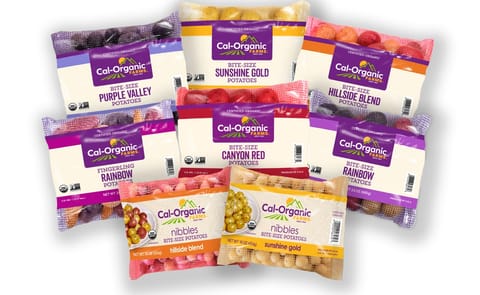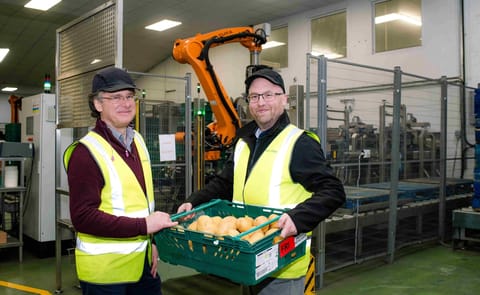Part of the produce section of a Carrefour supermarket in France. Carrefour, France’s biggest supermarket group said it welcomed the law, which would build on food donations its supermarkets already made.
A First: French law forbids food waste by supermarkets

France has become the first country in the world to ban supermarkets from throwing away or destroying unsold food, forcing them instead to donate it to charities and food banks.
Under a law passed unanimously by the French senate, as of Wednesday large shops will no longer bin good quality food approaching its best-before date. Charities will be able to give out millions more free meals each year to people struggling to afford to eat.
The law follows a grassroots campaign in France by shoppers, anti-poverty campaigners and those opposed to food waste. The campaign, which led to a petition, was started by the councillor Arash Derambarsh. In December a bill on the issue passed through the national assembly, having been introduced by the former food industry minister Guillaume Garot.
Jacques Bailet, head of Banques Alimentaires, a network of French food banks, described the law as “positive and very important symbolically”. He said it would greatly increase an already emerging trend for supermarkets to donate to food banks.
Supermarkets will also be barred from deliberately spoiling food in order to stop it being eaten by people foraging in stores’ bins. It bans the practice applied by some supermarkets to douse binned food in bleach, reportedly to prevent food poisoning from items taken from bins.
Crucially the law will also make it simpler for the food industry to give some excess products directly to food banks from factories. Until now, if a dairy factory made yoghurts carrying the brand name of a supermarket, it had been a long, complex process to donate any excess to charity. Now it would be faster and easier. “That is very important for food banks because this is a real source of quality products, coming straight from the factory,” Bailet said.
Carrefour, France’s biggest supermarket group, said it welcomed the law, which would build on food donations its supermarkets already made.
Food banks and charities will, for their part, be obliged to collect and stock the food in properly hygienic conditions and distribute it with “dignity”. This means the food must be given out at a proper food bank or centre, where human contact and conversation is fostered, rather than, for example, simply organised as handouts on the street.
Campaigners now hope to persuade the EU to adopt similar legislation across member states.









